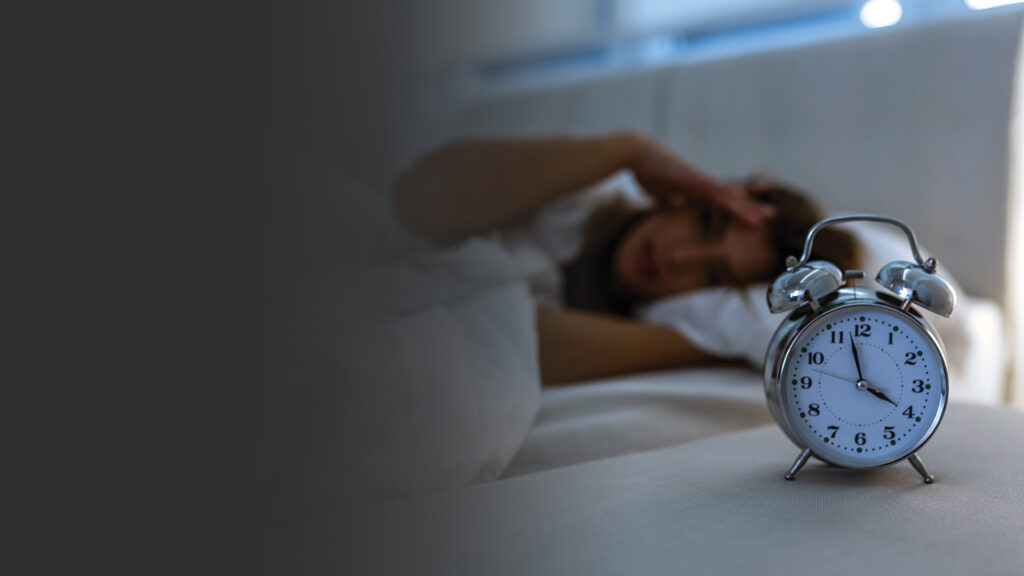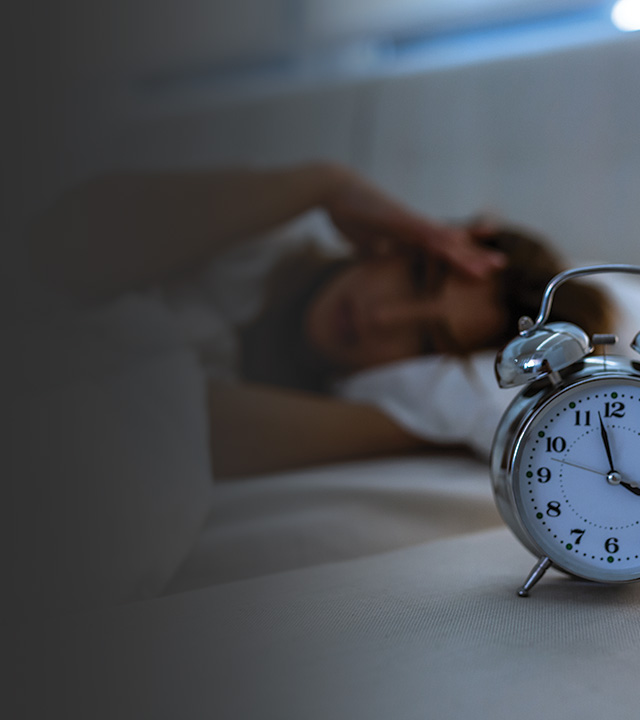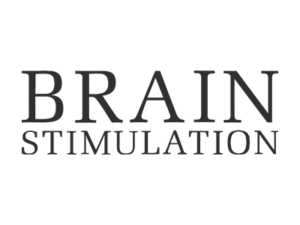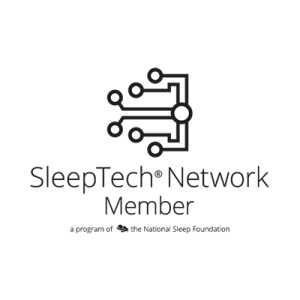Sleep is an important factor to help maintain health and well-being. It’s recommended that an adult should get at least 7 hours of sleep a night. Getting a good night’s sleep has many benefits such as better memory, reduced stress levels and lowers the risk of heart disease.
On the flip side, not getting enough sleep regularly can have serious repercussions such as a weaker immune system, weight gain, lack of energy throughout the day and mental health problems.
The fitness industry preaches that exercise and nutrition are the only two factors that are responsible for controlling weight. However, it’s now known that weight is affected by more than your actions some aspects are sleep, stress, hydration, medications and genetics.
Adults who sleep under 5 hours per night were 55 % more likely to be obese than those sleeping 5 or more hours per night.
A lack of sleep can also lead to obesity in children. A study followed more than 8,000 children from birth, at the age of 3 those who slept fewer than 10 and a half hours a night had a 45% higher risk of becoming obese by the age of 7.
Brain
The prefrontal cortex is the part of the brain that controls willpower, memory, attention span, self-control and decision making. When sleep deprived this part of the brain becomes damaged leading to the control of these functions becoming weakened.
There is no doubt that many people can relate to the difference in decision-making when tired, such as making unhealthy food choices or skipping the gym.
Amygdala is a part of the brain involved in processing emotions such as fear and pleasure. When sleep-deprived activity increases in the amygdala, our body craves pleasurable foods that are high in sugar, fats and calories.
The lack of sleep damages our willpower and encourages the amygdala to crave pleasure foods. This leads to us caving in and purchasing these unhealthy foods. If these unhealthy habits become frequent because of a lack of sleep, you will gain weight rapidly.

Body
The body has two main hormones that help control weight: leptin and ghrelin.
In a sleep deprived state, our leptin levels are low, which makes us feel constantly hungry. This leads to us consuming more calories than we need.
Ghrelin is responsible for informing the body when to eat, when sleep deprived there is an increase in ghrelin which leads to us eating more frequently than we need.
Your sleep pattern can play havoc with these hormone levels: “A study of over 1,000 people found that those who slept for short durations had 14.9% higher ghrelin levels and 15.5% lower leptin levels than those who got adequate sleep.”
Sleep deprivation can also influence insulin levels. It leads to increased blood sugar which leads to a spike in insulin. Our cells are responsive on a normal day meaning they can store the glucose effectively however when sleep deprived our cells become less responsive known as insulin resistance. This can lead to weight gain because the excess sugars in our blood are stored as fats.
Summary
- Try and achieve a sustainable amount of sleep each night, 7-9 hours per night is recommended for adults.
- Pleasure signalling is more sensitive making us eat foods that are high in sugars, fats and calories when sleep deprived.
- Willpower is weak when sleep deprived leading to us making poor food choices.
- Leptin and ghrelin hormones are affected making us feel less full and hungrier.
- Insulin resistance leads to an increase in fat storage.
References
Fletcher, J. (2022). Why sleep is essential for health. [online] Medicalnewstoday.com. Available at: https://www.medicalnewstoday.com/articles/325353#managing-weight [Accessed 22 Sep. 2022].
Medic, G., Wille, M. and Hemels, M. (2017). Short- and long-term health consequences of sleep disruption. Nature and Science of Sleep, [online] Volume 9, pp.151–161. doi:10.2147/nss.s134864.
Beccuti, G. and Pannain, S. (2011). Sleep and obesity. Current Opinion in Clinical Nutrition and Metabolic Care, [online] 14(4), pp.402–412. doi:10.1097/mco.0b013e3283479109.
Obesity Prevention Source. (2012). Sleep. [online] Available at: https://www.hsph.harvard.edu/obesity-prevention-source/obesity-causes/sleep-and-obesity/ [Accessed 22 Sep. 2022].
Lino, C. (2016). What Is Willpower? The Psychology Behind Self-Control. [online] PositivePsychology.com. Available at: https://positivepsychology.com/psychology-of-willpower/ [Accessed 22 Sep. 2022].
Simplypsychology.org. (2021). [online] Available at: https://www.simplypsychology.org/amygdala.html#:~:text=The%20amygdala%20is%20primarily%20involved,emotions%20like%20fear%20or%20pleasure. [Accessed 22 Sep. 2022].
Greer, S.M., Goldstein, A.N. and Walker, M.P. (2013). The impact of sleep deprivation on food desire in the human brain. Nature Communications, [online] 4(1). doi:10.1038/ncomms3259.
Stanford University. (2004). Obesity linked to hormonal changes, lack of sleep. [online] Available at: https://news.stanford.edu/news/2004/december8/med-sleep-1208.html [Accessed 22 Sep. 2022].
Sleep Foundation. (2020). Sleep & Glucose: How Blood Sugar Can Affect Rest | Sleep Foundation. [online] Available at: https://www.sleepfoundation.org/physical-health/sleep-and-blood-glucose-levels#:~:text=Decreased%20sleep%20is%20a%20risk,diabetes%2C%20a%20blood%20sugar%20disorder. [Accessed 22 Sep. 2022].
















